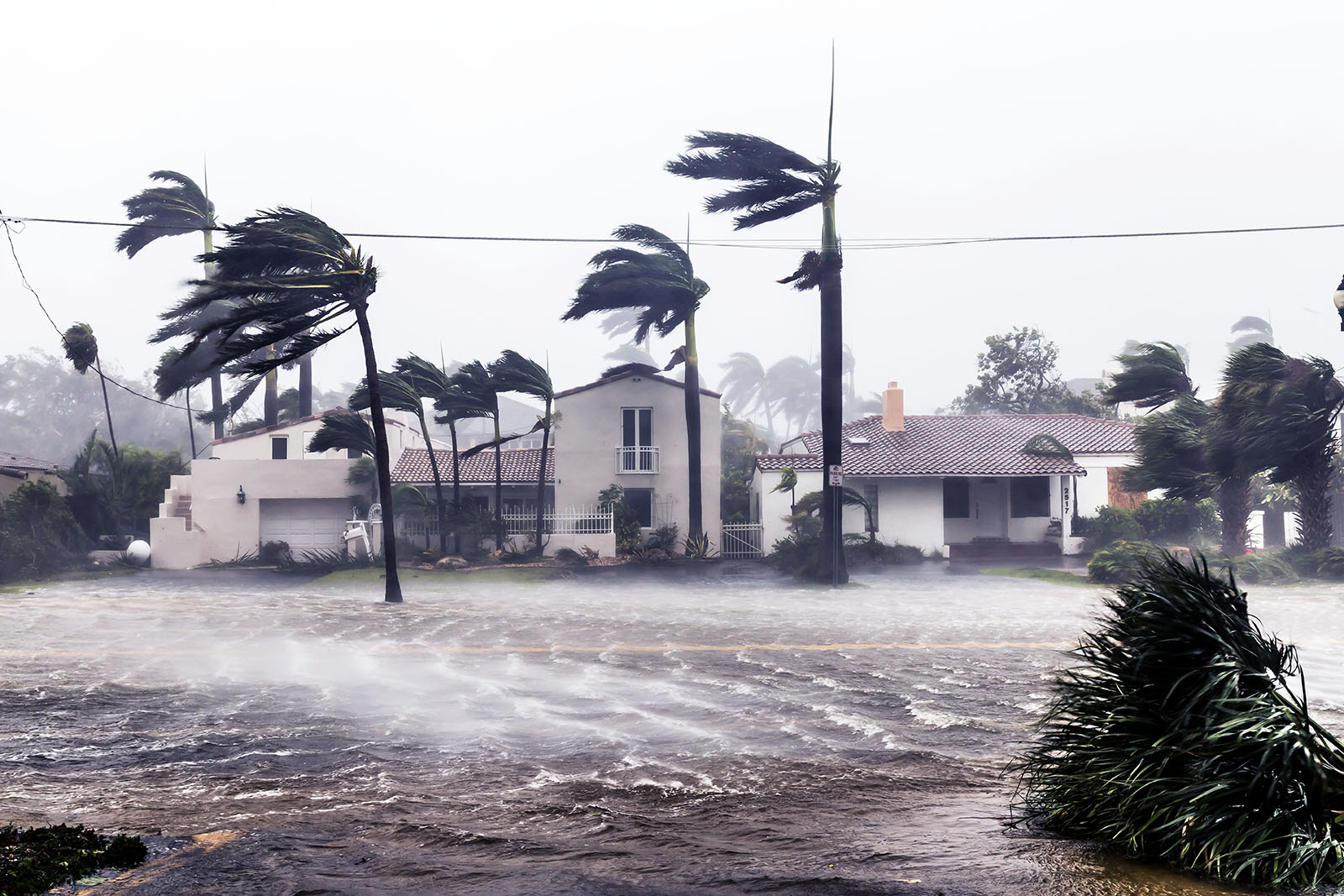Hurricane Season Has Started, but FEMA Is Tied Up With Coronavirus

The Atlantic hurricane season kicked off yesterday and NOAA is predicting it to be a busy one. FEMA has released guidance that describes how responses during this season will be different from any other.
Photo: Shutterstock
The Atlantic hurricane season is now officially underway, and NOAA is predicting it to be a busy one, with an above-average six to 10 hurricanes. Meanwhile the U.S. federal government’s hurricane response agency, FEMA, is currently leading the response to coronavirus. Given the likelihood that we will soon see both hurricanes and coronavirus, HHS should manage the ongoing pandemic response so FEMA can prepare for coming “coronacanes.”
In March, I wrote that FEMA should lead the federal government’s response to coronavirus. Soon thereafter, the U.S. administration directed FEMA to take this role. Since then, FEMA has filled gaps in the response by untangling complex supply chains and facilitating expedited delivery of needed personal protective equipment and testing supplies. It surged its staff, shared its operational know-how and disbursed well over a billion dollars in funding.
Transfering Recovery to States
In recent weeks, the pandemic response has been transitioning to the recovery phase of the disaster. Traditionally, this means FEMA transferring responsibilities back to the states and the agency serving more as the federal government’s piggy bank than its responder-in-chief. This recovery phase will last months, if not years, as FEMA financially supports states with its $80 billion disaster fund.
But FEMA’s operations center remains activated for the coronavirus. Though FEMA took the unprecedented step of standing up a second operations center for other disasters, dueling disasters will further tax an agency ahead of its traditional “busy season.” In 2017, with three back-to-back hurricanes, FEMA’s operations center was activated for a historic 76 consecutive days. I acutely recall how that lengthy activation stressed the system and the workforce. The coronavirus operation has now surpassed the 2017 record with 87 days activated.
A Hurricane Season Unlike Any Other
FEMA has been open about the challenges the nation will face this hurricane season. The agency recently released guidance that describes how responses during this hurricane season will be different from any other. Emergency managers need to adapt their existing hurricane response plans based on this guidance. For example, social distancing means that the use of mass shelters (think gymnasiums filled with cots) are no longer the best option for temporarily sheltering displaced survivors. Officials will need to leverage hotels and college dorms and to the extent congregate shelters are used, precautions will have to be implemented.
FEMA takes an ‘all-hazards’ approach to emergency management, and coronavirus-tailored plans for hurricanes will be largely applicable to other concurrent risks as well.
But how can FEMA adequately prepare itself and support state and local governments with hurricane season already here? While the official start of hurricane season is June 1, 96% of major (Category 3 or higher) landfalling hurricanes occur from August to October. This means there is a crucial two-month window for FEMA and its partners to address these unique circumstances. Preparedness should be the urgent priority for the next two months. Federal, state and local officials should be replenishing equipment caches and updating and exercising new plans during this relative calm before the storm.
There’s no time to waste. The two major spring hurricane conferences where scientists, emergency managers and other stakeholders share best practices from previous seasons and plans for this one were cancelled. And state and local training programs and hurricane exercises were postponed or cancelled.
An All-Hazards Approach
The potential scenarios FEMA may confront during the pandemic are not limited to hurricanes. Flooding that triggered dam failures in Michigan demonstrates the ever-present risk of simultaneous disasters. There were also earthquakes in Nevada and Utah during the coronavirus response. And wildfires are burning in Florida as the state prepares for hurricane season. Coronavirus even forced FEMA to cancel its national cybersecurity exercise, just as cyber risks were increasing.
Luckily, FEMA and all emergency managers take an “all-hazards” approach to emergency management, and coronavirus-tailored plans for hurricanes will be largely applicable to other concurrent risks as well.
FEMA and state and local emergency managers need to prepare now for the unique circumstances they will face this hurricane season. The U.S. government can support FEMA’s preparedness efforts by directing HHS to assume responsibility for the pandemic response. But they need to act soon. Coronacanes are in the forecast.




